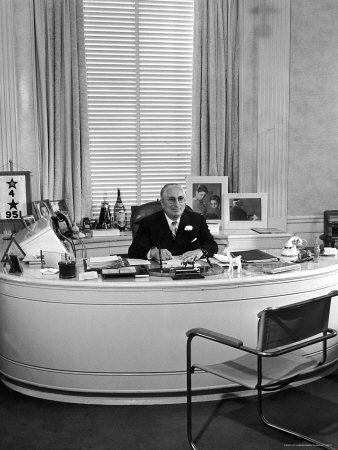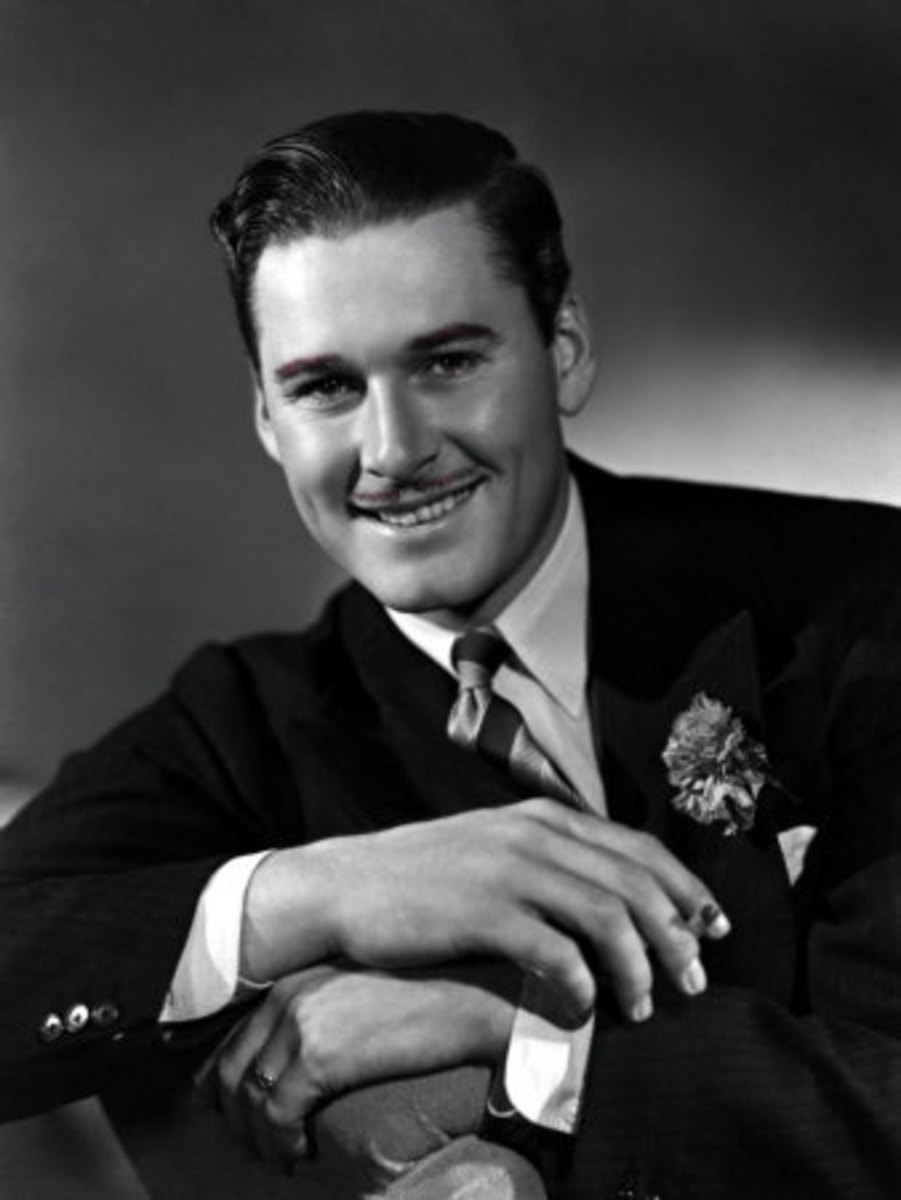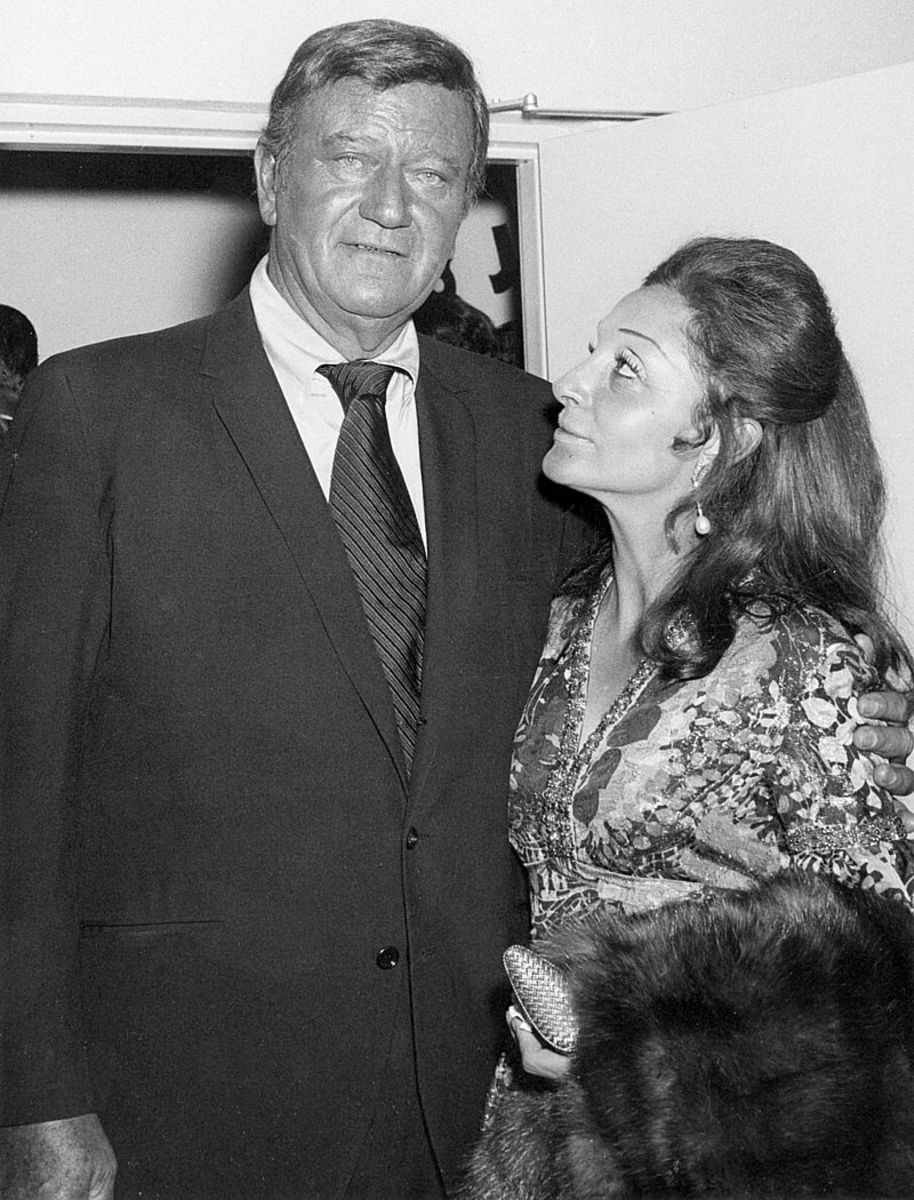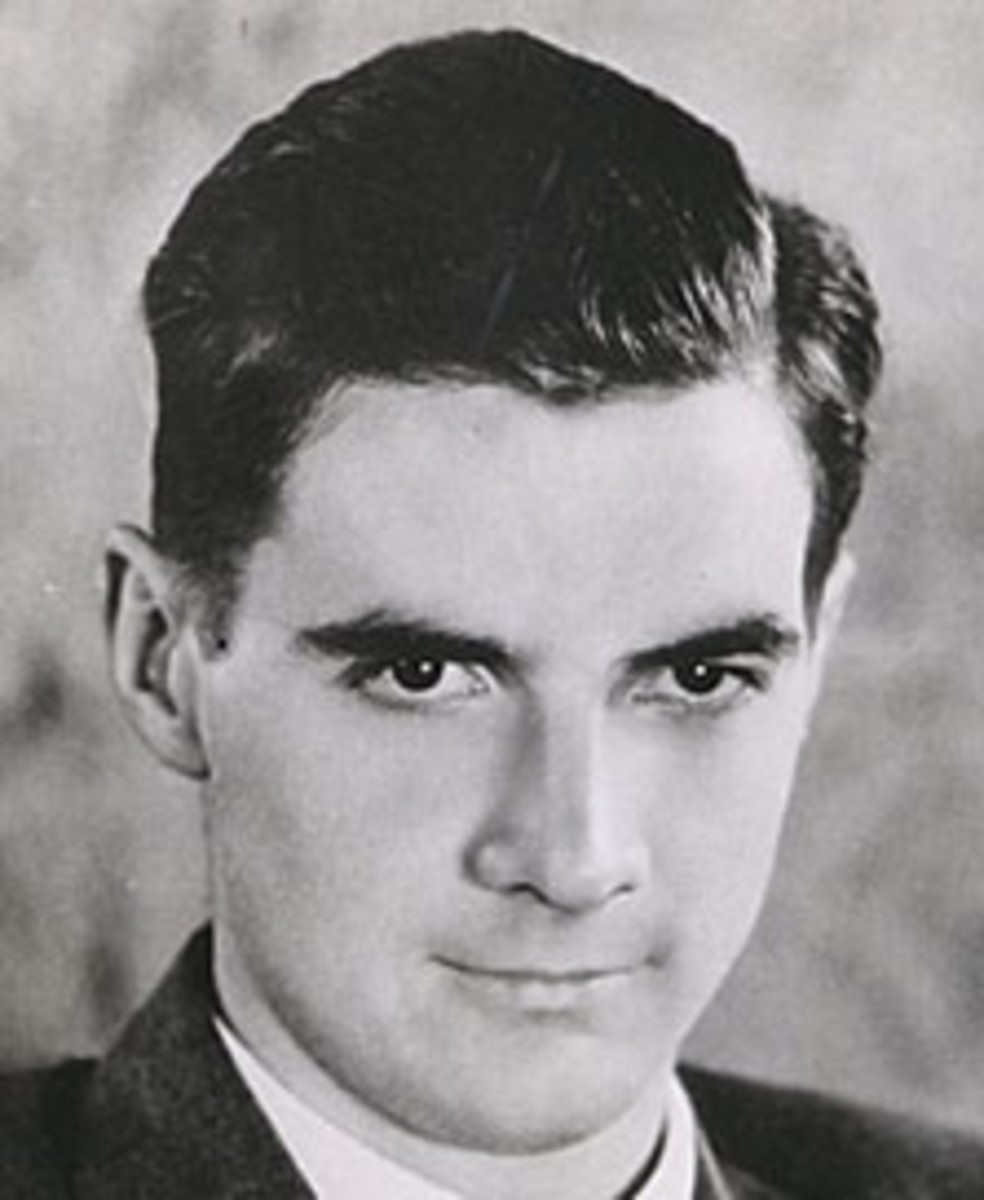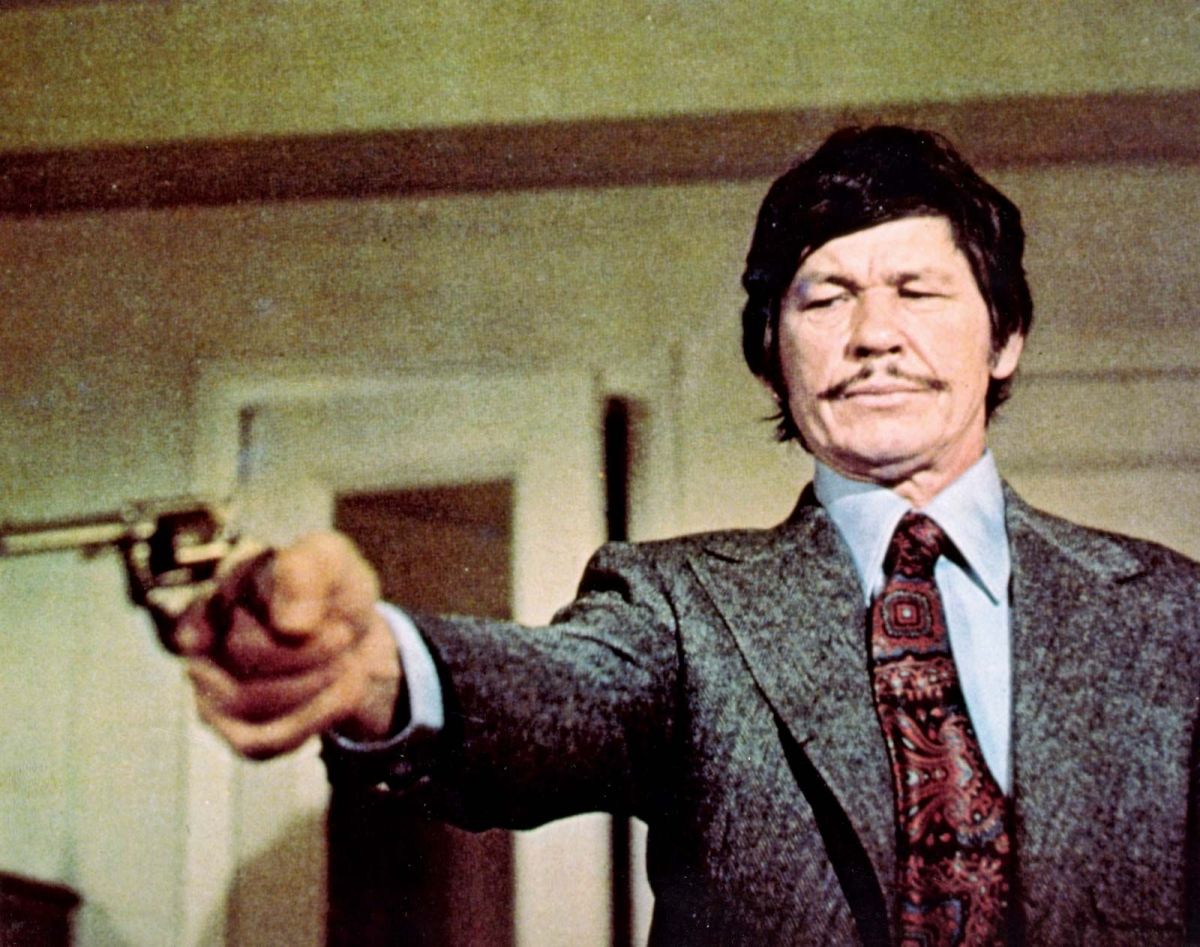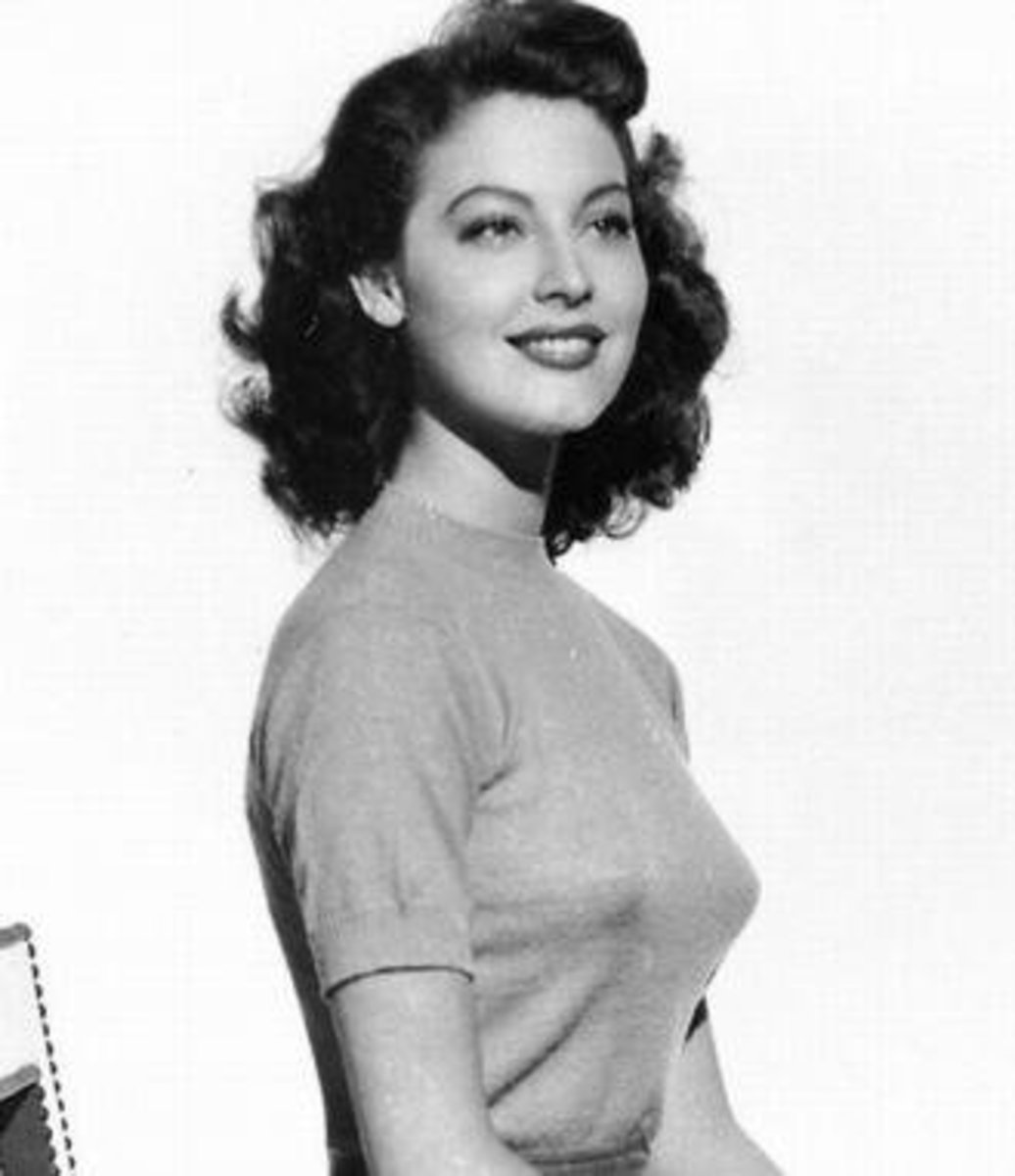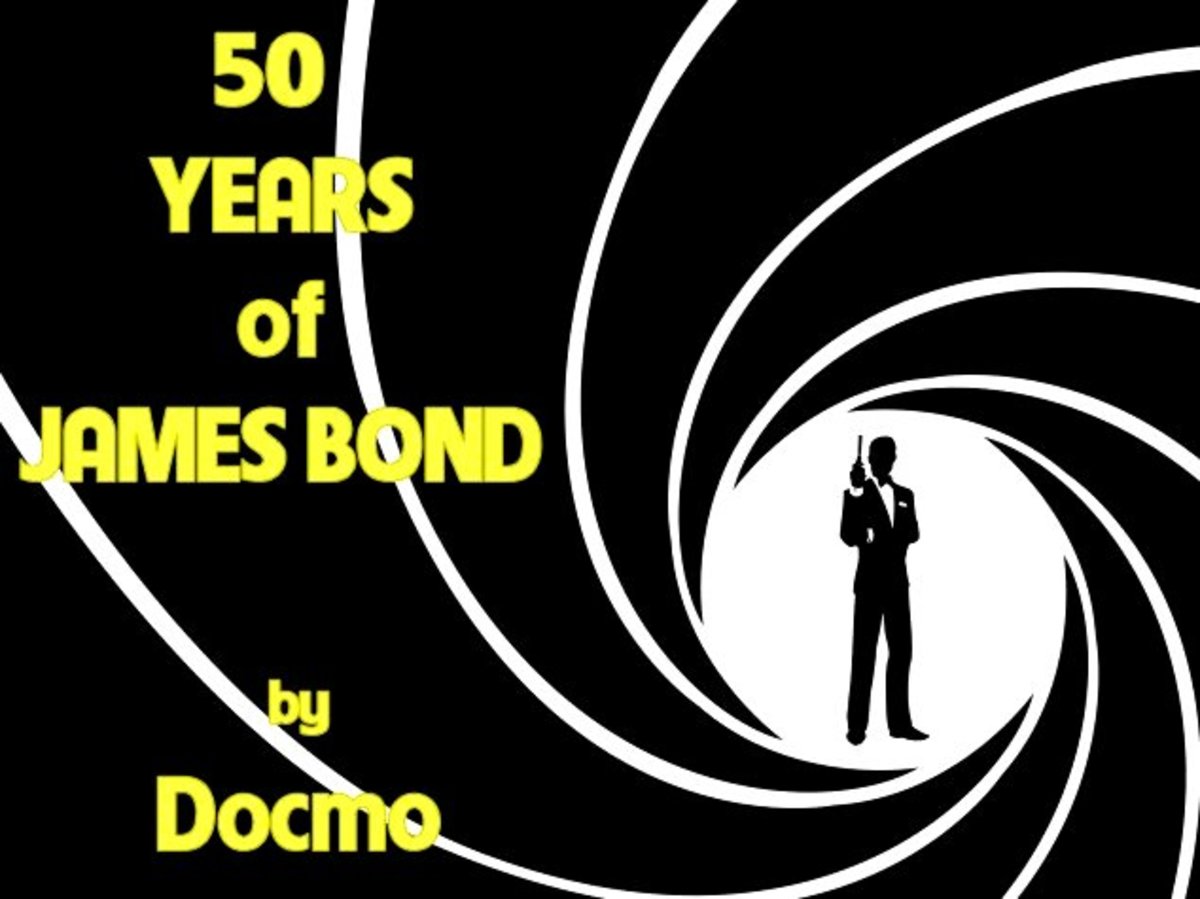Louis B Mayer of MGM, The Father of Hollywood
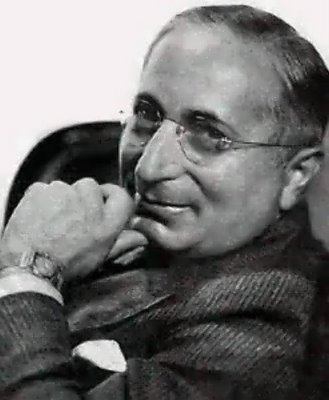
The Self-Made Man
Louis B Mayer was a self-made man who rose from an apprenticeship at his father's scrap metal business in Canada to forge American cinema and become the highest paid corporate executive in the U.S. He became the first executive to earn a million-dollar salary and he was the most famous of the all-powerful studio moguls of the Golden Age of Hollywood.
Early Years
He was born Lazar Mayer in the Minsk district of Russia sometime between 1880-1885. The exact date is not certain. He grew up in Saint John, New Brunswick, Canada after his parents fled Russian oppression in 1886. His father was a peddler and a scrap metal dealer and after a poverty-stricken childhood Mayer left the family home and moved to Boston in 1904, where he discovered the Nickelodeon, the embryo of the new moving-picture business. He was astute enough to recognize that it was the fast-paced, modern movies, not old fashioned short song and dance fillers, that were drawing the crowds.
He became enthralled and diligently saved enough money for his own theater, a burlesque house and soon afterward was alternating live shows with the latest motion pictures. Within a few years he had the largest theatre chain in New England and in 1916 he created Metro Pictures Corporation based in New York City. One of the first films they acquired for distribution was D.W. Griffith's classic "Birth of a Nation" . It was a good choice and the film was a major financial success. Louis Mayer was on his way.
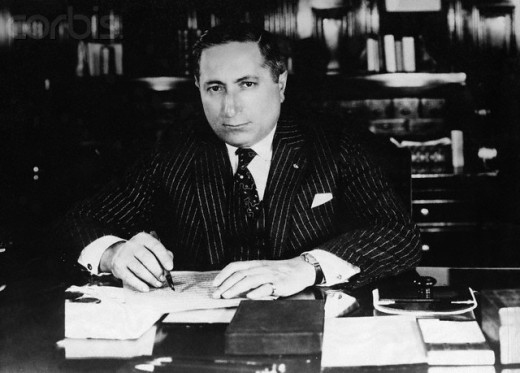
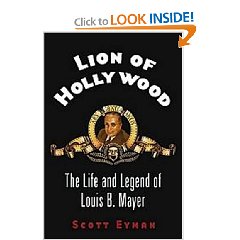
Louis B Mayer at Amazon
I couldn't put it down. What an incredible journey into the years of building the famous movie studios from their beginnings as nicolodeons right up to the razzle-dazzle of the 40's and 50's! To read about Louis B. Mayer and the amazing people he drew in around him, is to read about the minds behind the images that so profoundly affected all of us growing up in America in the last century--whether we realized it or not. As a story of one immigrant's rise from abject poverty to fame and influence that few people ever acheive, Mayer's unstoppability wakes you up and inspires you to get to work on making your own dreams come true.
MGM
He realized that the future lay in film production rather than theatres and along with other fledgling studios, in 1918 he moved his family west to Hollywood in the favorable climate of Southern California. He lured actress Anita Stewart away from Vitagraph, formed Louis B. Mayer Pictures, and started making his own films. His first production, "Virtuous Wives" , starred Stewart and Hedda Hopper, and was a great success. In 1924 Marcus Loew, who ran the largest movie theater chain in the country, engineered the merger of Metro Pictures with the Goldwyn Company and brought Mayer in to run the new Metro-Goldwyn-Mayer (MGM) Corporation. The opportunity established the hard-working businessman among the top ranks of movie moguls. He set about with great determination to build MGM into the most financially successful motion picture studio in the world. He was able to hire the disgruntled ex -Universal Pictures boy-genius, Irving Thalberg as his production manager. A delicate young man of refined sensibility, Thalberg became the creative genius behind MGM’s early years until his death from pneumonia at age 37 in 1936. Mayer and Thalberg were to form a formidable partnership.
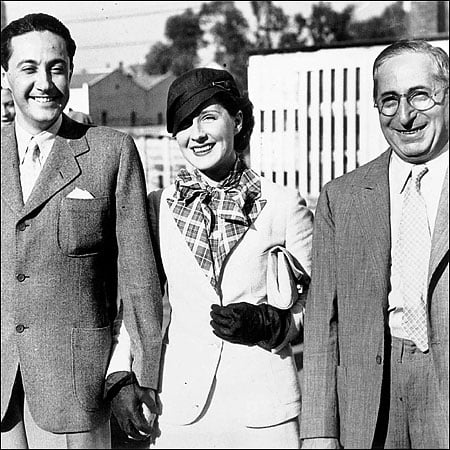
The Ruler Of Hollywood
With the facilities and talent of the three combined studios Mayer and Thalberg started to build an entertainment empire. Mayer moved to the Goldwyn lot in Culver City, a large capacity facility with six stages. One of their first big productions was the epic "Ben-Hur" (1925), starring Ramon Novarro.
Although MGM was initially slow to adapt to talkies, Thalberg was able to create a series of crowd-pleasing films around teams of popular female stars such as Jean Harlow, Joan Crawford, Norma Shearer (Thalberg's wife), and Myrna Loy chasing and being chased by male stars such as Clark Gable, William Powell, Robert Montgomery and Spencer Tracy followed a decade later by Franchot Tone, James Stewart and Cary Grant.
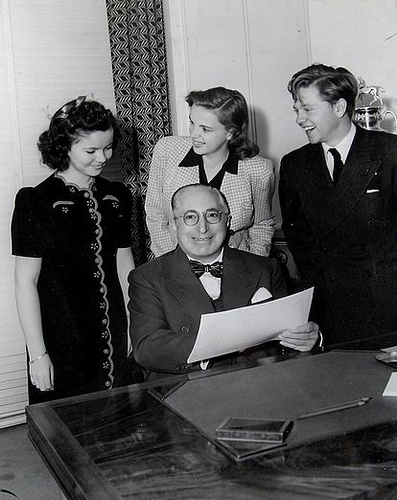
Mayer developed and used the contract system to a state of the art, using it to rule over an increasingly large stable of stars who were legally bound to the company for years. He ruled MGM as a father figure, rewarding loyalty and obedience, punishing insubordination, and regarding opposition as personal betrayal. For a time, the MGM film factory released an average of one feature film per week.
In 1936, Mayer was the first business executive in the country to make $1 million per year, and he remained the highest-paid executive through to 1944.
But conflict built up between Mayer and Thalberg. Thalberg had overseen many record-breaking hits: The Big Parade, Ben Hur, Anna Christie, Grand Hotel, Mutiny on the Bounty and The Wizard of Oz, and he felt entitled to an equal share of the rewards. He threatened to leave MGM and the conflict was only ended when the sickly Thalberg died of pneumonia in 1936.
For almost 15 years after Thalberg's death Mayer reigned supreme at MGM. He continued to build up his a roster of star names, living up to MGM's slogan, "More stars than there are in heaven": Judy Garland, Clark Gable, Joan Crawford, Elizabeth Taylor, Katharine Hepburn, Lana Turner, the Marx Brothers, Ava Gardner and Greta Garbo. He became the prime creator of the mythical Hollywood dream which endures to this day. In addition he found time to become one of the country's most successful horse breeders, a political force, and the leading spokesman for the Hollywood film industry.
Both Mayer and MGM reached their peaks at the end of World War II. With a host of prizewinning and profitable films and dazzling stars, MGM's decline was unexpected and almost imperceptible. But in the postwar years, the Mayer formula of sentimental family fare and glossy romantic productions was wearing thin. The unbelievable was about to happen. Mayer was about to lose his job.
Behind the Camera in Classic Hollywood
- Sam Goldwyn, Hollywood Pioneer
Sam Goldwyn was one of the most influential of the small group of rich, powerful men who controlled Hollywood during the Golden Age. His astonishing rags-to-riches story is that of a true pioneer, like a movie fantasy that came true. - Busby Berkeley, Imagination of Genius
Busby Berkeley was a movie director and innovator who had an incredible feel for movement on film. He created lavish dance numbers with elaborate set designs, using sometimes hundreds of dancing girls, weaving intricate geometric patterns and images. - Alfred Hitchcock, The Cold Water of Fear
Alfred Hitchcock directed more than fifty feature films and was the acknowledged master of the thriller. Hitchcock was among the most consistently successful and publicly recognizable world directors during his lifetime, and remains one of the best
Decline
Although MGM prospered during the war years, Mayer fell seriously out of touch with changing tastes after the war. He rejected the new wave of so-called "message pictures" and film noir movies and he also made the cardinal, and financially catastrophic, error of underestimating the importance of the new medium of television.
By mid-1947 MGM had slipped considerably from it's ranking among the major studios and by the next year would be surpassed by Paramount and Columbia.
Much conflict arose between Mayer and Nicholas Schenck, president of MGM’s parent, Loews, Inc. Mayer decided to hire writer and producer Dore Schary as production chief. Nevertheless, a lot of conflict arose between the two men; Schary preferred message pictures in contrast with Mayer’s preference for wholesome films. Three years later, in 1951, Schenck fired Mayer from the job he had held for 24 years.
Although he was a multi-millionaire, Mayer made a miserable retiree. He was wholly unsuited for the "new" Hollywood of the 1950's: independent production. Mayer spent his time dabbling in real estate, granting occasional interviews decrying the modern state of the American movie business and closely observing his much vaunted former studio fall into an irreversible decline in the face of television (which he continued to despise) and the Supreme Court's decision to force theater divestment, which eventually devastated his old studio after his forced departure.
Mayer contracted leukemia and died in 1957.
Personal Qualities
Stories of Mayer's personal idiosyncracies are legion. He was not above changing the particulars of his biography. He changed the year of his birth from 1882 to 1885 (the latter being the date on his tomb), and after being naturalized as an American citizen, he decided that he would celebrate his birthday on the Fourth of July (the exact date of his birth was uncertain, though he knew he had been born in the summer). He added a "B." as his middle initial to give his name more "dignity", and said that it stood for "Burt" or "Burton."
His studios were true factories, with the stars treated like assembly-line workers, and "L.B." in charge of everything for 27 years -- equally respected and feared, part father figure, part tyrant. He was endlessly resourceful and opportunistic. He drove the whole MGM operation with his tremendous vitality, brilliant salesmanship and shrewd judgment of character.
He exhibited a maudlin sentimentality about American values and the virtues of family life (despite major womanizing - there were rumors of his sprint marathons, in which the elder statesman of Hollywood ran a three-yard dash around his office desk in hot pursuit of whatever soft young flesh was looking for work that day.)
Mayer revelled in his status and enjoyed pulling the strings of his stars' personal lives. He covered up murders, hushed up scandals, arranged marriages for gay stars: anything to keep the MGM machine well-oiled. He was a master of reading peoples' weaknesses and capitalizing on them while still maintaining a veneer of paternalism. If necessary, he'd become hysterical, weep, and scream as if on cue in order to get his way; many considered him to be MGM's best acting talent.
Summary of a Showman Genius
Mayer didn't build Hollywood with his hands, but he did it with force of personality, guile, business acumen and an intuitive understanding of mass entertainment. He understood and recognized talent in others. As production chief of MGM from 1924 to 1951, he discovered many of the screen's greatest stars, producers, writers, and directors. In 1927 he was instrumental in setting up the Academy Awards because he instinctively got that actors and directors would almost prefer the prestige of awards over money.
He was ruthless and bombastic and cloyingly sentimental but he presided over the most successful of all the Hollywood dream factories, leaving a legacy of classic, inimitable films that defined America's aspirations for a generation.
